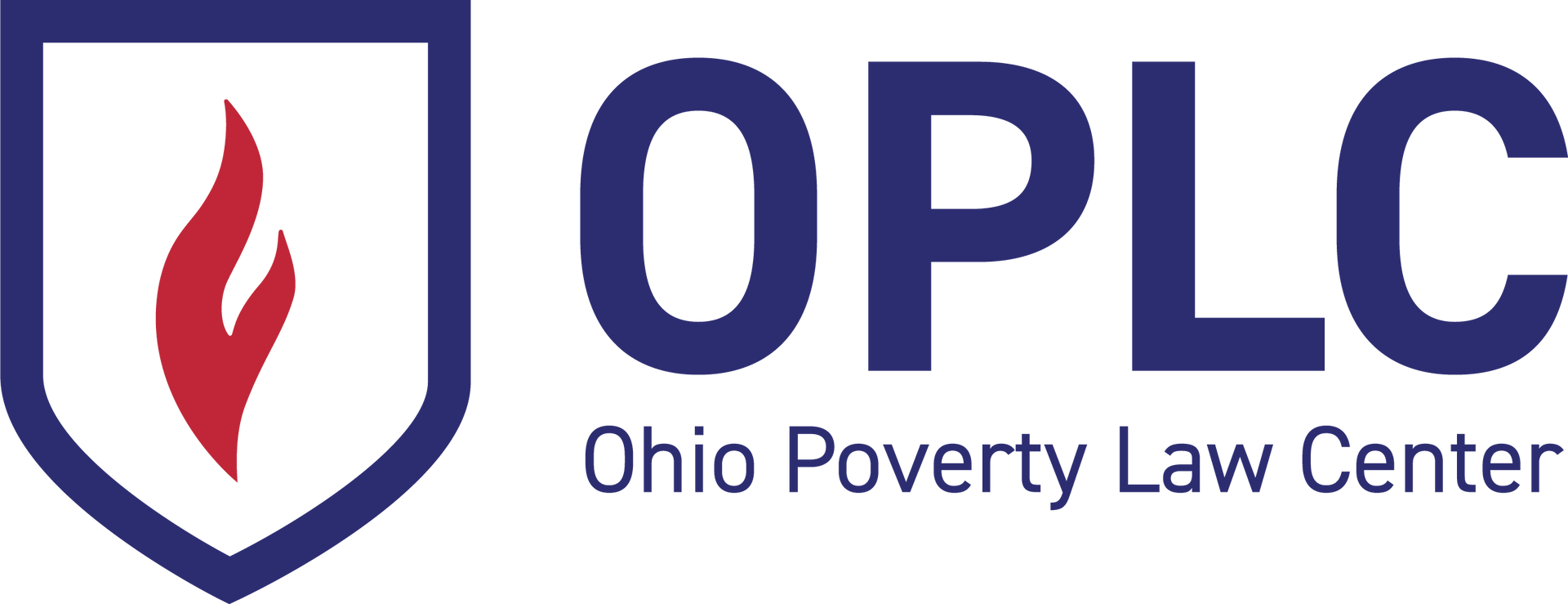ROBO-SIGNING AS A BUSINESS PRACTICE
Robo-signer: Sounds like a boring sci-fi movie that’s light on action. In reality, it’s a back-office system of quickly signing off on foreclosure documents like affidavits without actually doing what the affidavits say was done. Also known as cheating and lying. Tampa Bay Times, Dec. 26, 2010
Robo-signing, as a common practice in the financial sector, has been on my mind most recently because of the December 4, 2012 announcement by Cash America (doing business in Ohio as Cashland) that it will refund millions of dollars to about 14,000 Ohio borrowers taken to court by the lender to collect on defaulted loans. To quote the Fort Worth Star-Telegram: “The company, which also makes so-called payday loans, said it recently learned that some employees ‘did not prepare some court documents properly in many of its Ohio collections legal proceedings.’ ”
We can translate this to mean employees were robo-signing documents submitted in court cases to prove Cashland’s cases against borrowers (see above – a.k.a. cheating and lying). Cash America, a payday lender and pawn broker, is the latest lending business to admit to irregularities in the production of documents necessary to prove its claims in court against borrowers. The first industry, of course, was mortgage servicing.
The second financial industry to have fraudulent practices exposed was the debt buying industry. Midland Finance, one of the largest debt buyers in the country, was sued in 2008 for filing false affidavits. In discovery, it came to light that “specialists” in the litigation support department of Midland would sign between 200 and 400 computer generated affidavits per day. Midland was also sued by and settled with the Minnesota Attorney General in mid-2012. The settlement contains a number of provisions, but to address robo-signing, Midland must not file affidavits with the court unless the person has: a) read and understood them, b) confirmed the authenticity of any documents filed with the affidavit, c) only based the affidavit on the signer’s personal knowledge, and d) signed the affidavit in the presence of a notary who acknowledges the affiant’s signature in accordance with law. These criteria are almost identical to some standards agreed to by the five major servicers in the national mortgage settlement. These sound a lot like promising to follow the law that already applies.
Cashland calls the problems that led to its voluntary loan refund program “technical errors”. This is the same argument made by mortgage lenders and debt collectors. Paperwork problems are technical errors that do not change the bottom line – the homeowner/consumer borrowed the money, or used the credit card, and defaulted. They owe the money to someone.
Let’s think about that. Our legal system is an adversarial one, requiring each party to prove its claims or defenses using evidence that meets standards of reliability, dependability, and truthfulness established by the Rules of Court and the Rules of Evidence. Endorsing results over process erodes the fundamental fairness of the system that depends on all parties being held to the same standards.
In Cash America’s case, the problems occurred repeatedly over the course of five years. This is not technical error – this is evidence of a standard business practice – a practice that reflects a disregard for integrity of the legal system.
Cash America estimates the voluntary loan refund program will cost $13.4 million. To put this in perspective, Cash America reported $135,963,000 in net profits in 2011; in the second quarter of 2012, the company reported net income of $29,820,000, and revenues of $411.6 million.
